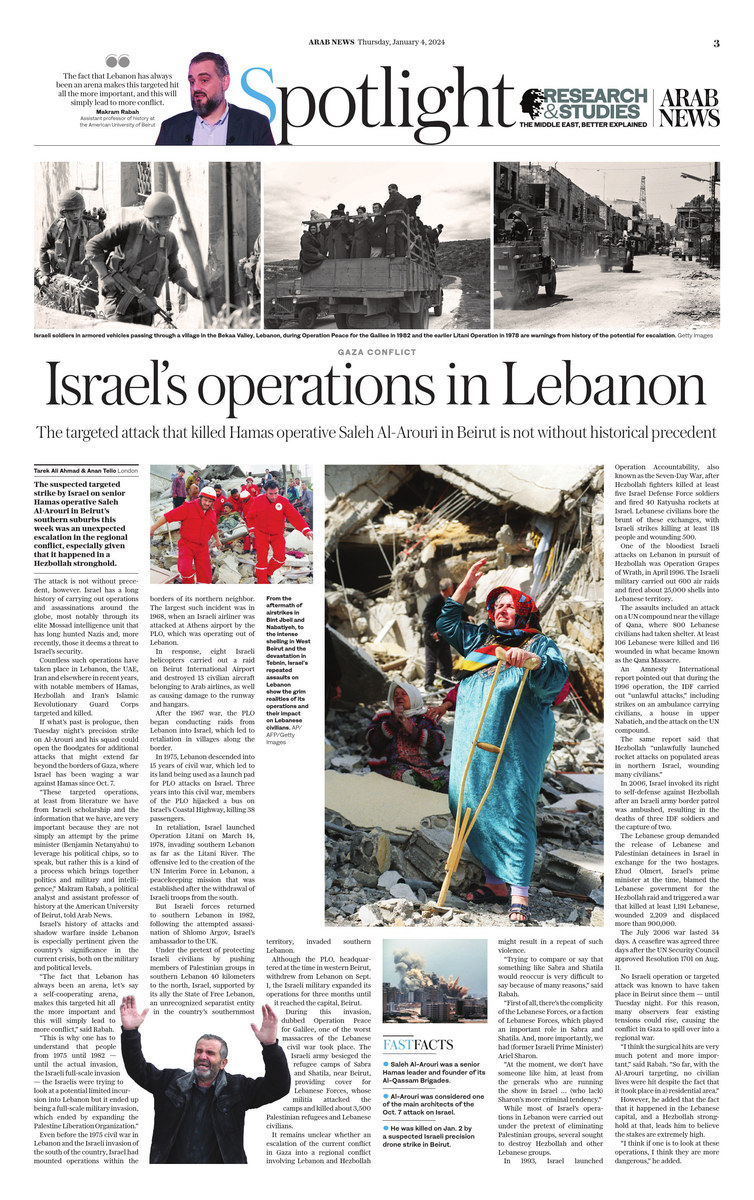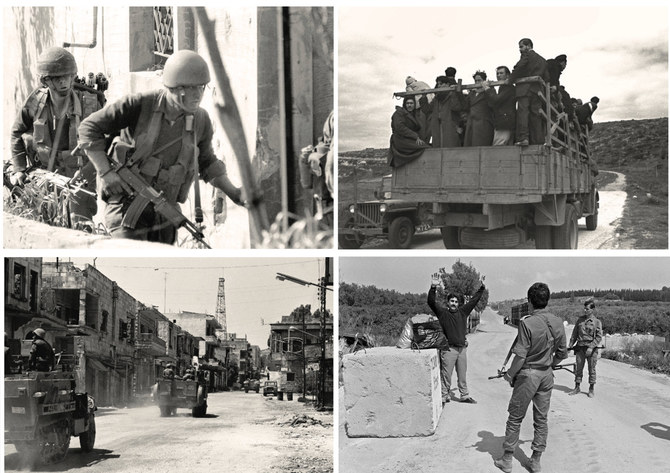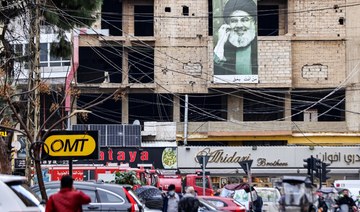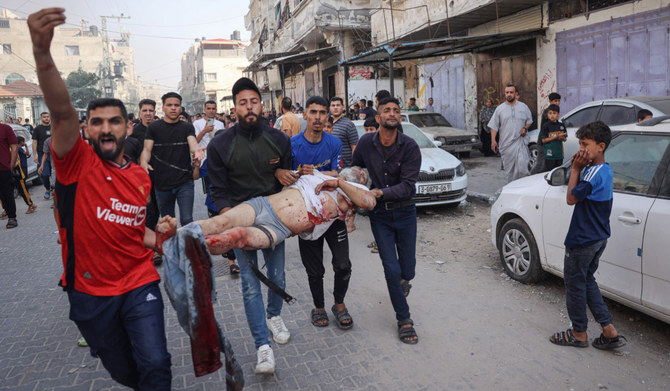LONDON: The suspected targeted strike by Israel on senior Hamas operative Saleh Al-Arouri in Beirut’s southern suburbs this week was an unexpected escalation in the regional conflict, especially given that it happened in a Hezbollah stronghold.
The attack is not without precedent, however. Israel has a long history of carrying out operations and assassinations around the globe, most notably through its elite Mossad intelligence unit that has long hunted Nazis and, more recently, those it deems a threat to Israel’s security.
Countless such operations have taken place in Lebanon, the UAE, Iran and elsewhere in recent years, with notable members of Hamas, Hezbollah and Iran’s Islamic Revolutionary Guard Corps targeted and killed.
If what’s past is prologue, then Tuesday night’s precision strike on Al-Arouri and his squad could open the floodgates for additional attacks that might extend far beyond the borders of Gaza, where Israel has been waging a war against Hamas since Oct. 7.
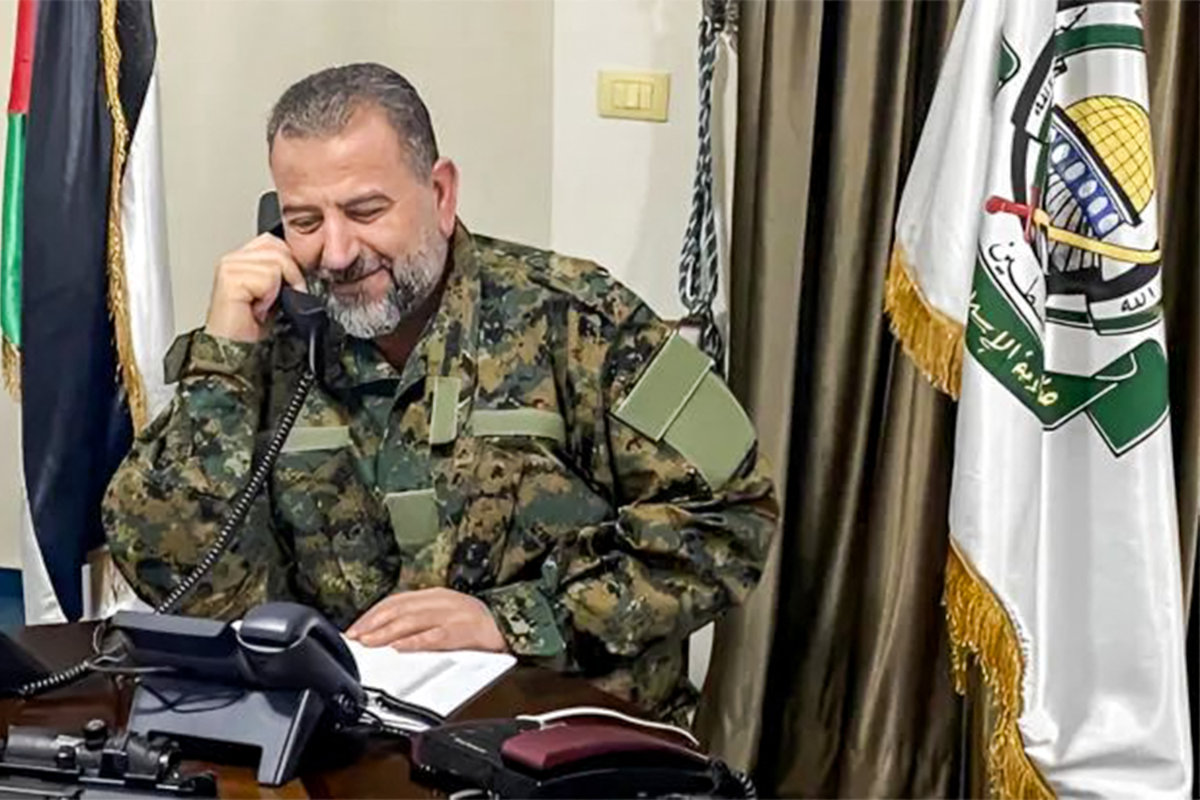
Saleh Al-Aruri, the assassinated deputy chief of Hamas, is seen at work at an office in Beirut in this picture release by the Palestinian movement on January 3, 2024.(Hamas media office via AFP)
“These targeted operations, at least from literature we have from Israeli scholarship and the information that we have, are very important because they are not simply an attempt by the prime minister (Benjamin Netanyahu) to leverage his political chips, so to speak, but rather this is a kind of a process which brings together politics and military and intelligence,” Makram Rabah, a political analyst and assistant professor of history at the American University of Beirut, told Arab News.
Israel’s history of attacks and shadow warfare inside Lebanon is especially pertinent given the country’s significance in the current crisis, both on the military and political levels.

“The fact that Lebanon has always been an arena, let’s say a self-cooperating arena, makes this targeted hit all the more important and this will simply lead to more conflict,” said Rabah.
“This is why one has to understand that people from 1975 until 1982 — until the actual invasion, the Israeli full-scale invasion — the Israelis were trying to look at a potential limited incursion into Lebanon but it ended up being a full-scale military invasion, which ended by expanding the Palestine Liberation Organization.”
Even before the 1975 civil war in Lebanon and the Israeli invasion of the south of the country, Israel had mounted operations within the borders of its northern neighbor. The largest such incident was in 1968, when an Israeli airliner was attacked at Athens airport by the PLO, which was operating out of Lebanon.
In response, eight Israeli helicopters carried out a raid on Beirut International Airport and destroyed 13 civilian aircraft belonging to Arab airlines, as well as causing damage to the runway and hangars.
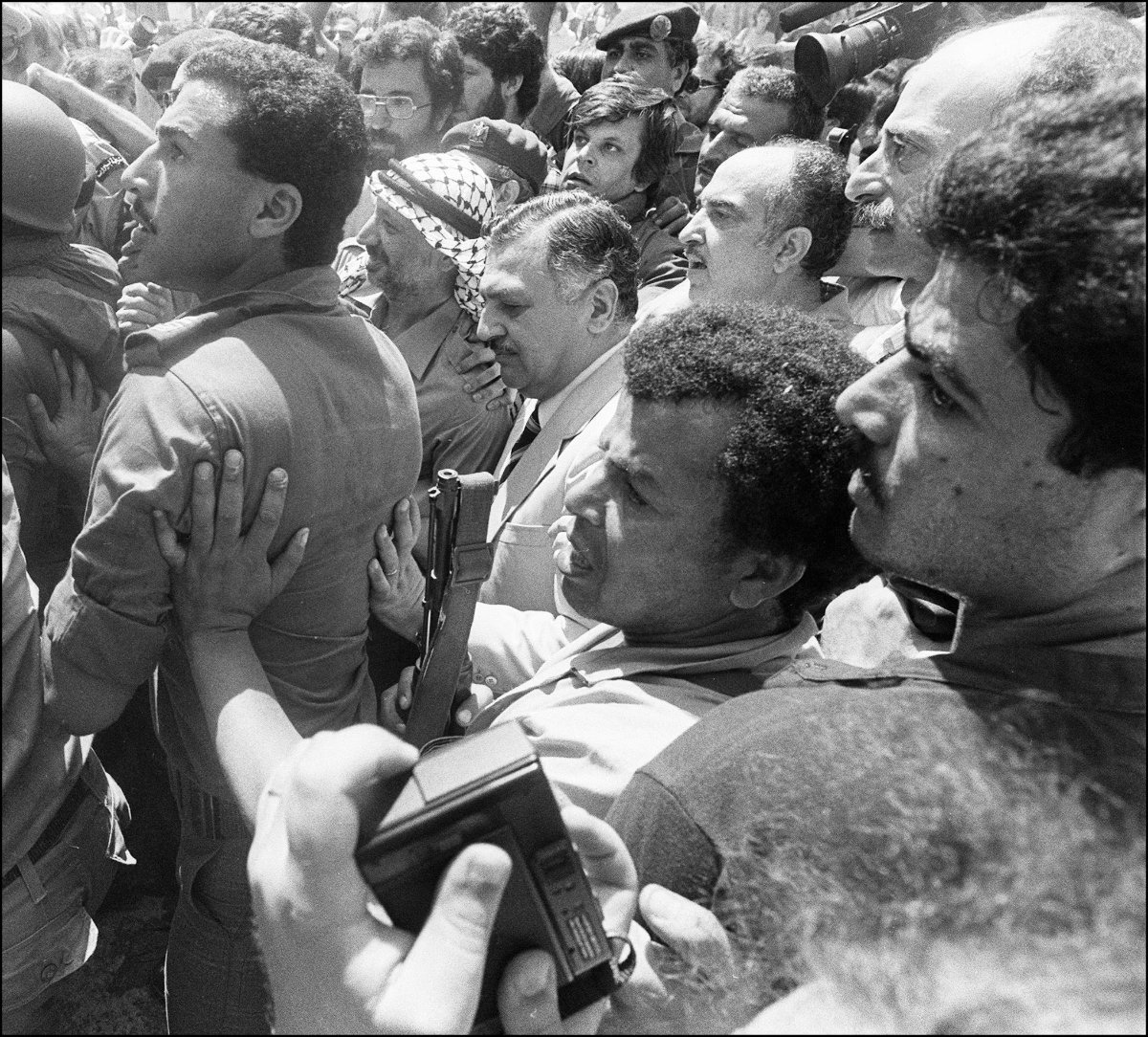
In this picture taken on August 39, 1982, the late Palestine Liberation Organization (PLO) chairman Yasser Arafat (C-wearing keffieh) is seen in Beirut with Lebanese Prime Minister Shafiq al-Wazzan (C), Palestinian leader Abu Iyad (2nd-R) and behind him, Druze warlord Walid Jumblatt, surrounded by heavy security, as he leaves Israeli-occupied Beirut for Tunis. (AFP/File)
After the 1967 war, the PLO began conducting raids from Lebanon into Israel, which led to retaliation in villages along the border.
In 1975, Lebanon descended into 15 years of civil war, which led to its land being used as a launch pad for PLO attacks on Israel. Three years into this civil war, members of the PLO hijacked a bus on Israel’s Coastal Highway, killing 38 passengers.
In retaliation, Israel launched Operation Litani on March 14, 1978, invading southern Lebanon as far as the Litani River. The offensive led to the creation of the UN Interim Force in Lebanon, a peacekeeping mission that was established after the withdrawal of Israeli troops from the south.
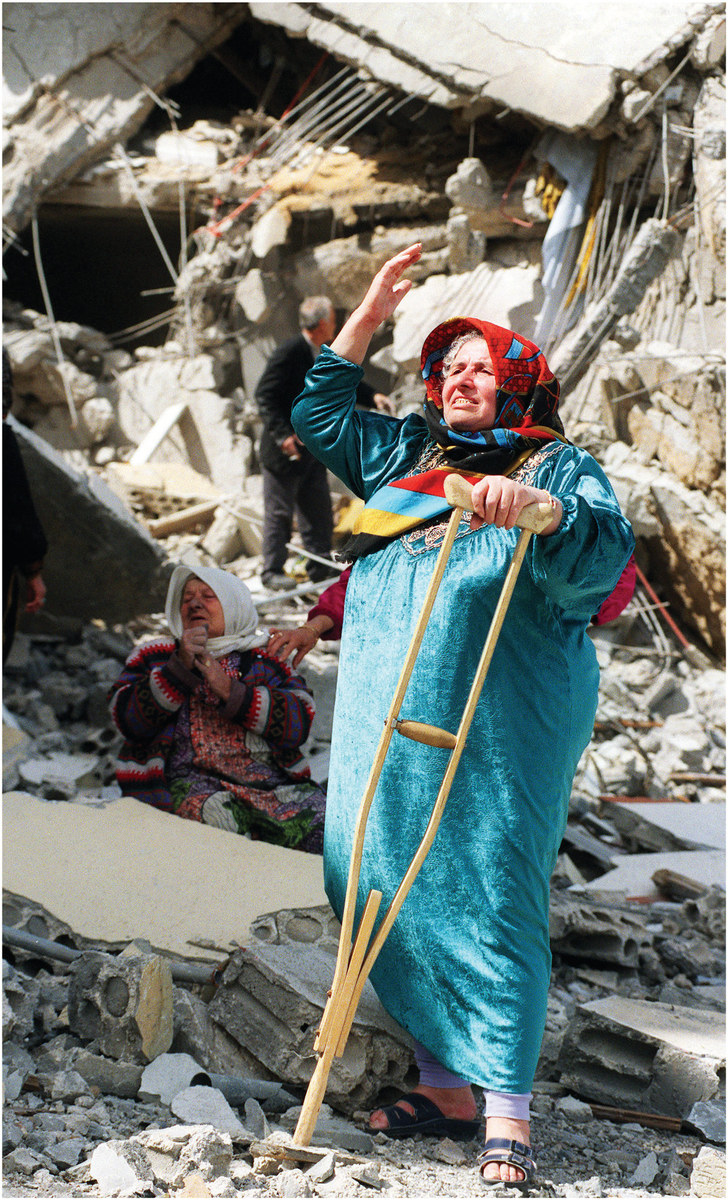
A Palestinian woman cries in desperation as she returns home to find their village in Tebnin, Lebanon, devastated following intense Israeli shelling in 1996. (AFP/Getty Images)
But Israeli forces returned to southern Lebanon in 1982, following the attempted assassination of Shlomo Argov, Israel’s ambassador to the UK.
Under the pretext of protecting Israeli civilians by pushing members of Palestinian groups in southern Lebanon 40 kilometers to the north, Israel, supported by its ally the State of Free Lebanon, an unrecognized separatist entity in the country’s southernmost territory, invaded southern Lebanon.
Although the PLO, headquartered at the time in western Beirut, withdrew from Lebanon on Sept. 1, the Israeli military expanded its operations for three months until it reached the capital, Beirut.
During this invasion, dubbed Operation Peace for Galilee, one of the worst massacres of the Lebanese civil war took place. The Israeli army besieged the refugee camps of Sabra and Shatila, near Beirut, providing cover for Lebanese Forces, whose militia attacked the camps and killed about 3,500 Palestinian refugees and Lebanese civilians.
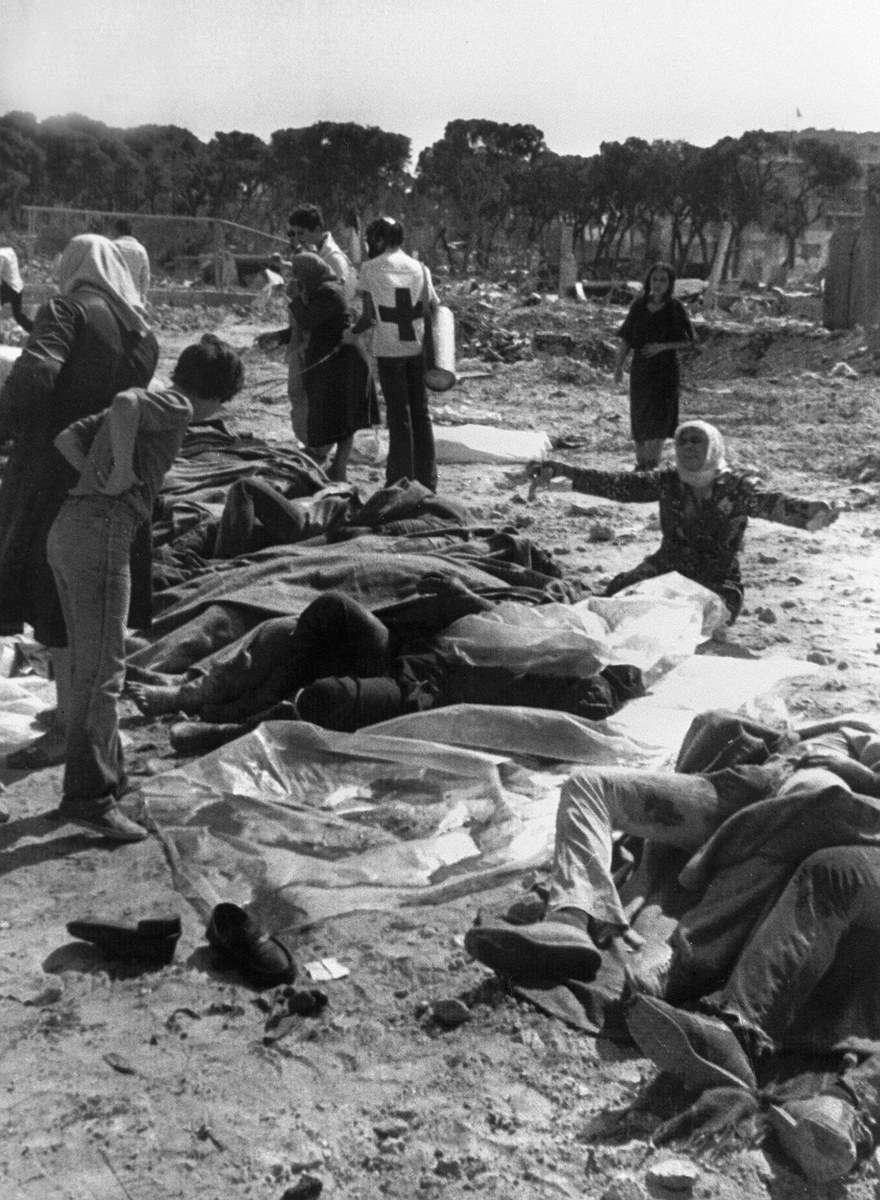
A Palestinian woman weeps 20 September 1982 over the bodies of their relatives killed September 17, 1982, in the refugee camps of Sabra and Shatila in Beirut, Lebanon. (SANA / AFP)
It remains unclear whether an escalation of the current conflict in Gaza into a regional conflict involving Lebanon and Hezbollah might result in a repeat of such violence.
“Trying to compare or say that something like Sabra and Shatila would reoccur is very difficult to say because of many reasons,” said Rabah.
“First of all, there’s the complicity of the Lebanese Forces, or a faction of Lebanese Forces, which played an important role in Sabra and Shatila. And, more importantly, we had (former Israeli Prime Minister) Ariel Sharon.
“At the moment, we don’t have someone like him, at least from the generals who are running the show in Israel … (who lack) Sharon’s more criminal tendency.”
READ MORE:
Profile: Who was Hamas’ Saleh Al-Arouri?
Top Hamas official killed in drone strike in south Beirut
Hezbollah says Israel killing of Hamas deputy ‘will not go unanswered’
Israel ready ‘for any scenario’ after strike kills Hamas deputy in Lebanon
While most of Israel’s operations in Lebanon were carried out under the pretext of eliminating Palestinian groups, several sought to destroy Hezbollah and other Lebanese groups.
In 1993, Israel launched Operation Accountability, also known as the Seven-Day War, after Hezbollah fighters killed at least five Israel Defense Force soldiers and fired 40 Katyusha rockets at Israel. Lebanese civilians bore the brunt of these exchanges, with Israeli strikes killing at least 118 people and wounding 500.
One of the bloodiest Israeli attacks on Lebanon in pursuit of Hezbollah was Operation Grapes of Wrath, in April 1996. The Israeli military carried out 600 air raids and fired about 25,000 shells into Lebanese territory.
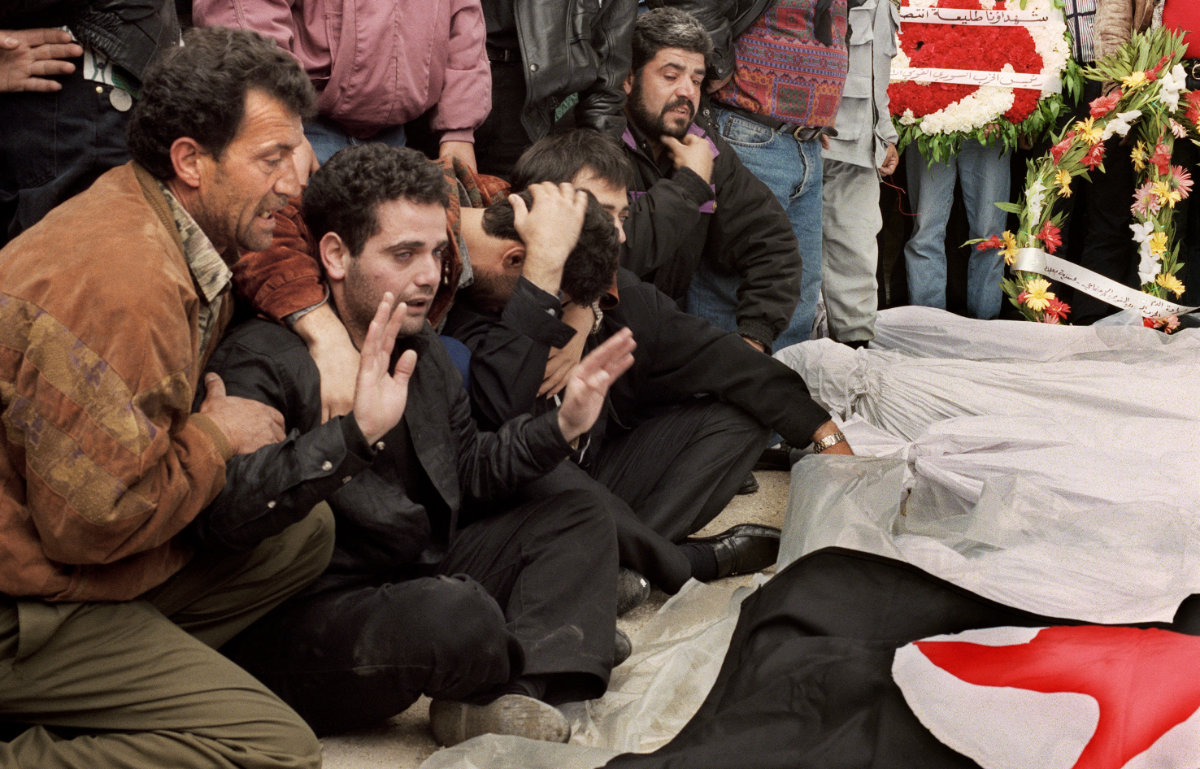
Lebanese grieve as they bury their dead during a mass funeral for victims of Israel's "Operation Grapes of Wrath" in the Bekaa Valley town of Mashghara on April 19, 1996. (AFP/File)
The assaults included an attack on a UN compound near the village of Qana, where 800 Lebanese civilians had taken shelter. At least 106 Lebanese were killed and 116 wounded in what became known as the Qana Massacre.
An Amnesty International report pointed out that during the 1996 operation, the IDF carried out “unlawful attacks,” including strikes on an ambulance carrying civilians, a house in upper Nabatieh, and the attack on the UN compound.
The same report said that Hezbollah “unlawfully launched rocket attacks on populated areas in northern Israel, wounding many civilians.”
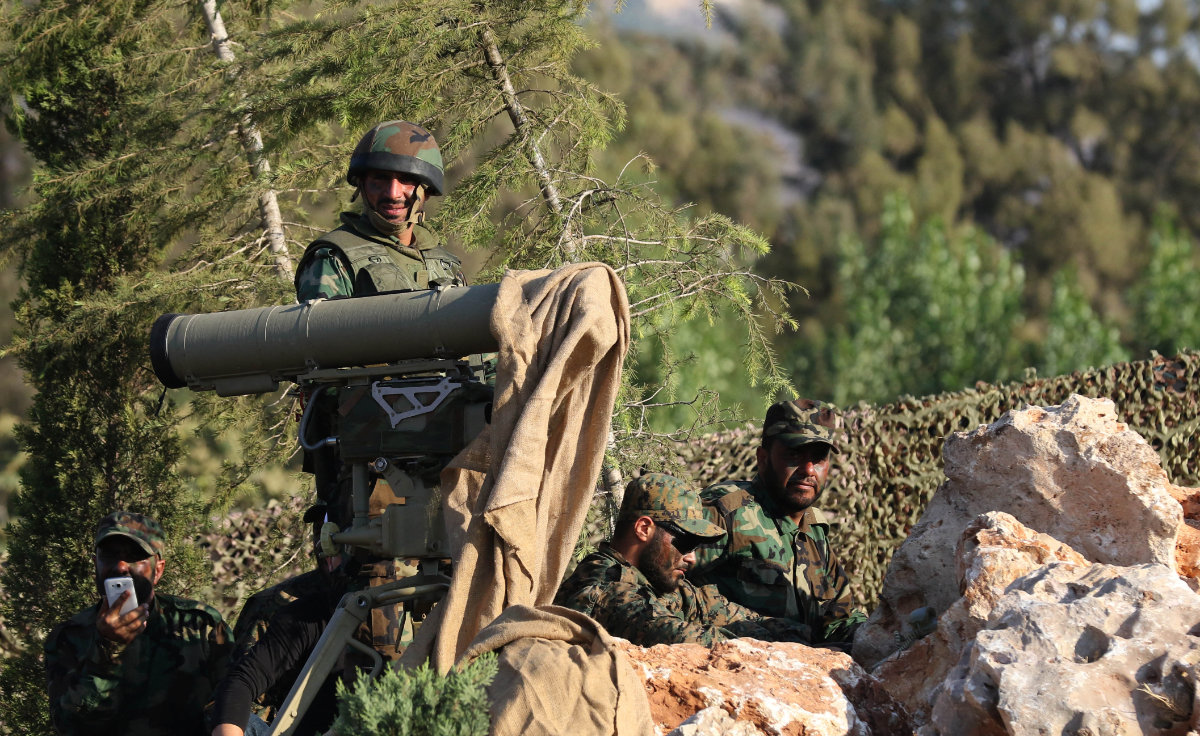
Hezbollah fighters mark the 11th anniversary of the end of the 2006 war with Israel, in the village of Khiam in southern Lebanon on August 13, 2017. (AFP/File)
In 2006, Israel invoked its right to self-defense against Hezbollah after an Israeli army border patrol was ambushed, resulting in the deaths of three IDF soldiers and the capture of two.
The Lebanese group demanded the release of Lebanese and Palestinian detainees in Israel in exchange for the two hostages. Ehud Olmert, Israel’s prime minister at the time, blamed the Lebanese government for the Hezbollah raid and triggered a war that killed at least 1,191 Lebanese, wounded 2,209 and displaced more than 900,000.
The July 2006 war lasted 34 days. A ceasefire was agreed three days after the UN Security Council approved Resolution 1701 on Aug. 11.
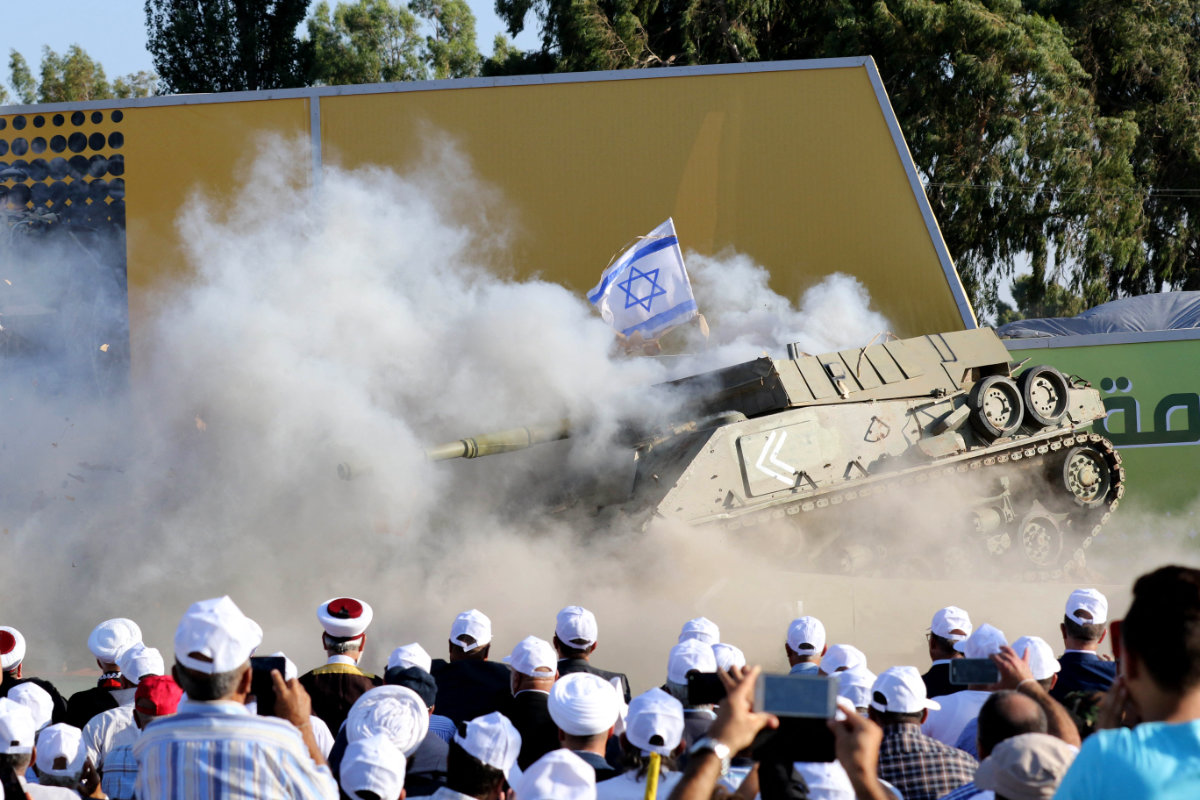
Supporters watch as members of the Lebanese Shiite movement Hezbollah perform a re-enactment of an attack on an Israeli tank to mark the 11th anniversary of the end of the 2006 war with Israel, in the village of Khiam in southern Lebanon on August 13, 2017. (AFP/File)
No Israeli operation or targeted attack was known to have taken place in Beirut since them — until Tuesday night. For this reason, many observers fear existing tensions could rise, causing the conflict in Gaza to spill over into a regional war.
“I think the surgical hits are very much potent and more important,” said Rabah. “So far, with the Al-Arouri targeting, no civilian lives were hit despite the fact that it (took place in a) residential area.”
However, he added that the fact that it happened in the Lebanese capital, and a Hezbollah stronghold at that, leads him to believe the stakes are extremely high.
“I think if one is to look at these operations, I think they are more dangerous,” he added.
